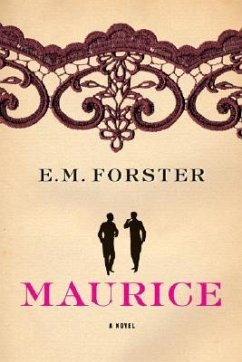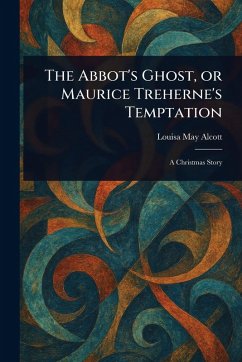
Maurice in London

PAYBACK Punkte
8 °P sammeln!
This is an overlooked novel in LGBTQ history, published in French in a gay arts journal in 1909 and never translated into English. The campy episodic narrative drew on the author's experiences as a young French journalist in pre-war London, mingling with other writers, critics, "chorus boys," and the generous patrons who supported them. Originally a serial novel, it gives readers an insider's tour of queer London at the beginning of the 20th century. In 1909, Les Fréquentations de Maurice was serialized in the pages of Akademos and eventually published by a Parisian press in 1912 under the na...
This is an overlooked novel in LGBTQ history, published in French in a gay arts journal in 1909 and never translated into English. The campy episodic narrative drew on the author's experiences as a young French journalist in pre-war London, mingling with other writers, critics, "chorus boys," and the generous patrons who supported them. Originally a serial novel, it gives readers an insider's tour of queer London at the beginning of the 20th century. In 1909, Les Fréquentations de Maurice was serialized in the pages of Akademos and eventually published by a Parisian press in 1912 under the name Sydney Place, a pseudonym for Xavier-Marcel Boulestin, a famed French chef, restaurateur, and the author of cooking books. This is the first English translation of the work. After an exhausting time decorating his new apartment, Maurice Vendal has grown tired of Paris and decides to spend the season in London. Maurice is bored and promises to be a voyeur and amuse himself with society friends during his stay. A great source of entertainment is Reggie de Vere, a callous fop and spendthrift who rarely has a kind word about another, especially when mentioning their attire. Encouraged by Maurice, Reggie constantly schemes how to pay off his growing bills from tailors and landlords without actually earning money. Author Boulestin has assembled a colorful assortment of men and women, desperate for gossip and obsessed with being seen while trying not to be caught by scandal. Most of the young men in the book are clearly homosexual, though Maurice himself is harder to define--certainly, he is the object of other men's desire. As entertaining as his observations are, the true delight of the book is Reggie de Vere, an early example of the troublemaking demon twink in French literature. As early twentieth-century moderns, Maurice and his crowd gently mock the now-passé lifestyle of London's "fossils"-the aesthetes and dandies-who are holdovers from Oscar Wilde's London.













